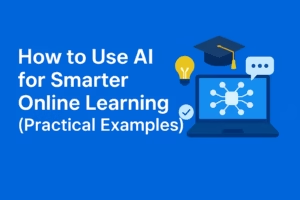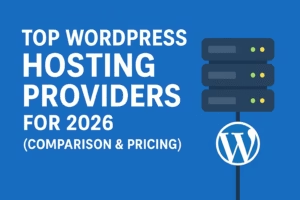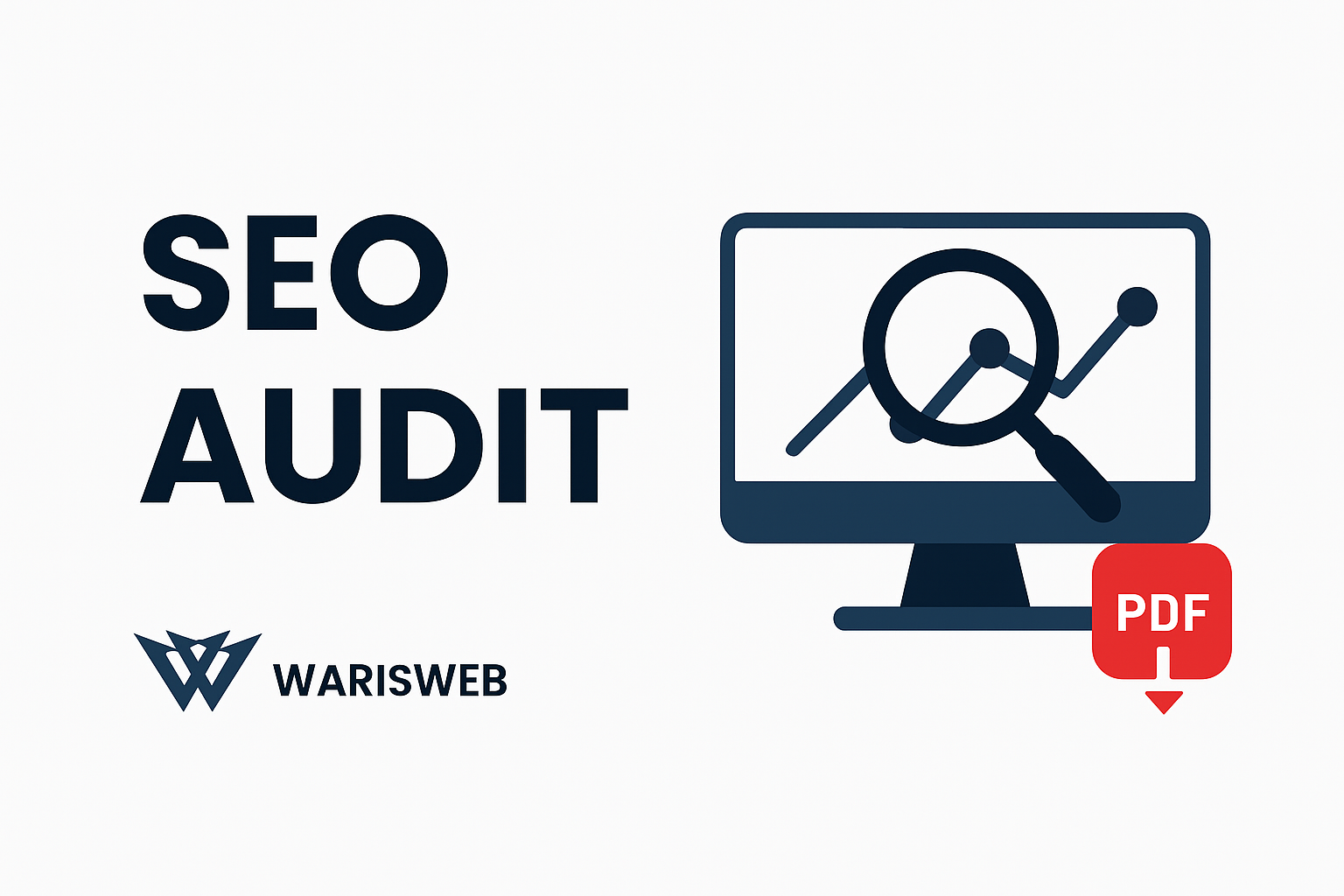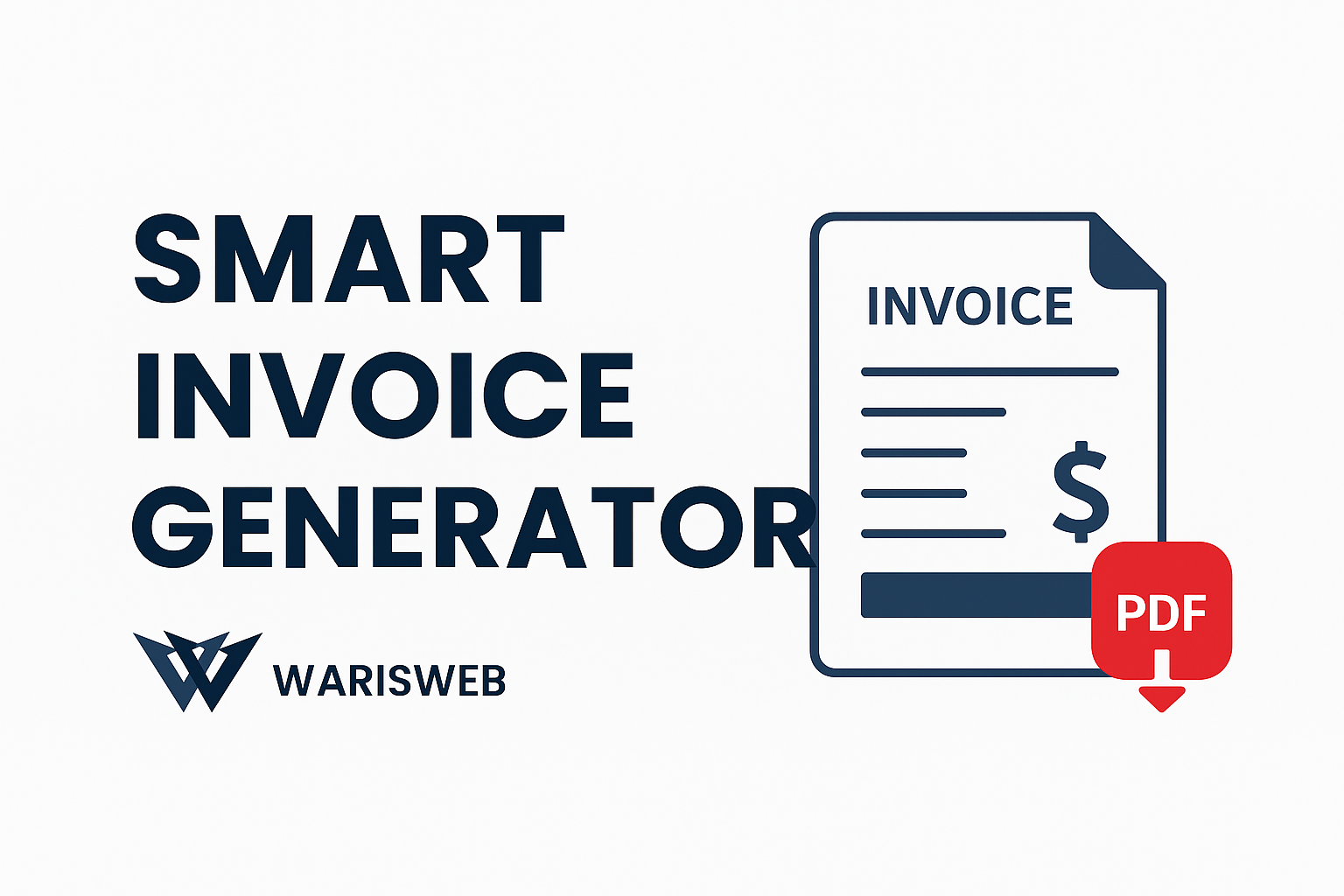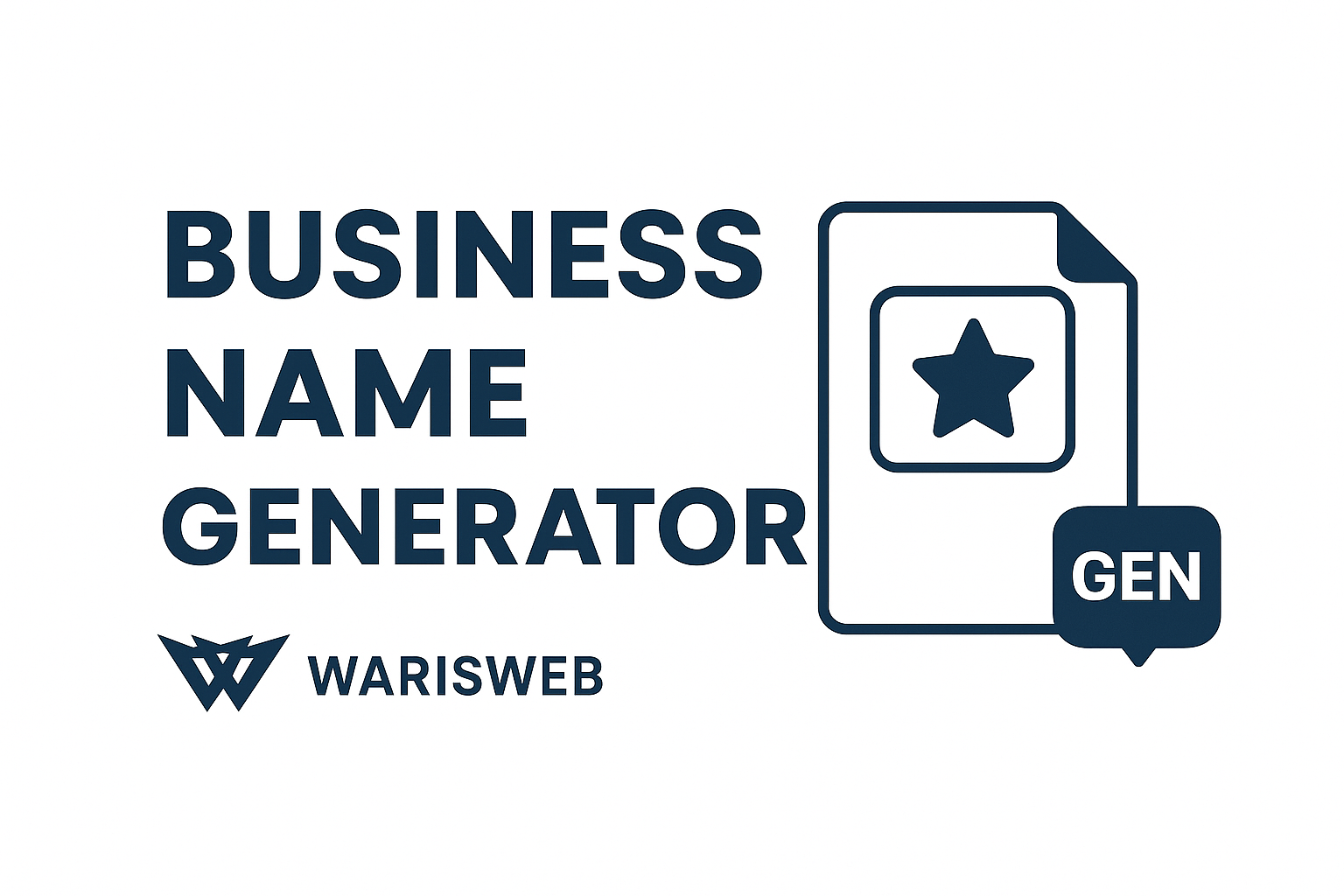How to Pick the Right Online Certification for Your Career Path

Scrolling through endless certification options at 2 AM, coffee in hand, wondering if that $500 course will actually land you the job you want? You’re not alone.
With thousands of online certifications flooding the market, choosing the right one can feel like picking a needle from a haystack—except the haystack is on fire, and someone’s charging you for access. Whether you’re eyeing a career shift into tech, looking to climb the ladder in your current field, or just trying to stay relevant in an industry that seems to reinvent itself every six months, the right certification can genuinely open doors. The wrong one? Well, it becomes an expensive line item on your resume that interviewers politely ignore.
Here’s how to cut through the noise and actually pick a certification that matters.
Why Online Certifications Matter in 2025 & Beyond
Let’s be honest: the world has changed. The pandemic accelerated what was already happening—traditional education no longer has a monopoly on career advancement. Online certifications have gone from “nice to have” to “actually quite valuable” for several practical reasons.
They’re a financial lifeline. A master’s degree can set you back $30,000 to $100,000. A solid certification? Often under $1,000, sometimes free. For people who can’t afford or don’t want to commit to years of traditional schooling, this matters enormously.
Employers are actually paying attention now. Five years ago, HR might’ve raised an eyebrow at “Google Data Analytics Certificate” on your resume. Today? Many hiring managers specifically look for them. Companies like Google, Amazon, and Microsoft have essentially vouched for their own certifications as alternatives to degrees for certain roles.
You can learn in your pajamas. The flexibility is real. You’re working full-time? Got kids? Live somewhere without access to good universities? Online certifications let you upskill without uprooting your entire life.
Industries move fast; certifications keep up. By the time a university updates its curriculum on, say, AI tools, three new frameworks have already launched. Good certification programs update content regularly because their reputation depends on it.
That said—and this is important—not all certifications are created equal. Some are genuinely transformative. Others are basically participation trophies that look pretty on LinkedIn but do absolutely nothing for your career.
Steps to Pick the Right Online Certification
Define Your Career Goals (And Be Brutally Honest With Yourself)
Before you spend a dime, ask yourself what you actually want. Not what sounds impressive at dinner parties, but what you genuinely need.
Scenario 1: You want a promotion in your current field. Look for certifications that fill specific skill gaps your employer values. If you’re in project management and your company uses Agile, a Scrum Master certification makes sense. A random blockchain course? Probably not.
Scenario 2: You’re switching careers entirely. You need foundational certifications that prove you understand the basics. Someone transitioning from teaching to UX design might start with Google’s UX Design Certificate, not an advanced prototyping specialization.
Scenario 3: You’re freelancing or consulting. Here, recognition matters less than practical skills and portfolio pieces. A certification that produces tangible projects you can show clients beats a prestigious name with no hands-on work.
Write down your actual goal. “I want to transition into data analytics within six months” is specific. “I want to learn tech stuff” is not.
Research Industry-Relevant Certifications
This is where you do homework. What certifications do people in your target role actually have?
The method that works: Go to LinkedIn. Search for job titles you want. Look at 20-30 profiles of people who recently got hired into those roles. What certifications keep appearing? That’s your signal.
Some examples of industry-standard certifications that actually carry weight:
- Cloud Computing: AWS Solutions Architect, Google Cloud Professional, Microsoft Azure Administrator
- Project Management: PMP, CAPM, Certified ScrumMaster
- Data & Analytics: Google Data Analytics, Tableau Desktop Specialist, Microsoft Power BI Data Analyst
- Digital Marketing: Google Analytics, HubSpot Content Marketing, Meta Blueprint
- Cybersecurity: CompTIA Security+, Certified Ethical Hacker, CISSP
- IT Fundamentals: CompTIA A+, Google IT Support Professional
Notice something? Most of these are from recognizable companies or established organizations. That’s not accidental.
Check Accreditation & Credibility
Here’s where things get murky. Anyone can create an “academy” and issue certificates. Doesn’t mean employers care.
Red flags to watch for:
- The organization only exists online with no physical presence or history
- Wild promises like “guaranteed job placement” or “earn six figures in three months”
- Aggressive sales tactics or countdown timers
- No clear information about who created the course content
- Reviews that seem suspiciously uniform or generic
Green flags that suggest legitimacy:
- Partnership with actual universities (Coursera works with Yale, Michigan, Stanford)
- Created by major tech companies for their own ecosystems (Google, IBM, Amazon)
- Recognized by professional associations (PMI for project management, ISC² for cybersecurity)
- Instructors with real-world experience and credentials you can verify
- Transparent information about pass rates and exam difficulty
Do a smell test: If you told a hiring manager you have this certification, would they nod knowingly or look confused? If it’s the latter, keep searching.
Evaluate Course Content & Format
This is where you separate legitimate learning from glorified PowerPoint presentations.
What to look for in quality content:
- Hands-on projects. Watching videos is passive. Building something proves competence. The best certifications require you to complete real-world projects or simulations.
- Up-to-date material. Check when the course was last updated. A 2019 social media marketing course is basically ancient history.
- Clear learning path. Good courses tell you exactly what you’ll learn, in what order, and why.
- Assessments that matter. Multiple choice questions are fine for concepts, but practical skills need practical tests.
Format considerations:
- Beginner-friendly vs. advanced. Don’t jump into advanced machine learning if you’ve never written code. Conversely, don’t waste time on intro content if you already have experience.
- Video length and quality. 10-minute focused videos usually beat 90-minute rambling lectures.
- Support and community. Can you ask questions? Is there a discussion forum? Are instructors or TAs responsive?
Read the syllabus completely. If they’re vague about what’s covered, that’s concerning.
Compare Cost vs. Value
Here’s the uncomfortable truth: expensive doesn’t always mean better, and free doesn’t always mean worthless.
Free certifications that carry real weight:
- Google Digital Garage (digital marketing basics)
- HubSpot Academy (inbound marketing, sales)
- MongoDB University (database management)
- Kaggle Learn (data science, machine learning)
These are free because the companies benefit from more people using their platforms. That’s fine—you still learn legitimate skills.
When to pay:
- The certification is an industry standard (like PMP or AWS Solutions Architect)
- You get career services, mentorship, or job placement support
- The hands-on projects require expensive tools or platforms included in the fee
- It’s from a premium institution and the brand name matters in your field
ROI thinking: If a $1,500 certification typically helps people increase their salary by $10,000, that’s a reasonable investment. If a $500 course just teaches you what free YouTube videos cover, pass.
One approach: Start with free resources to test your interest, then invest in paid certifications once you’re committed.
Look for Flexibility (That Actually Works for Your Life)
“Self-paced” can mean two very different things: “complete anytime within a year” or “you have two weeks per module or you’re locked out.” Understand which you’re getting.
Questions to ask:
- Can I access materials after completion for reference?
- Are there hard deadlines or just suggested timelines?
- If I need to pause for a month due to life circumstances, what happens?
- Are live sessions required, or are they recorded?
- How long do I have to complete the certification?
If you’re working full-time, certifications requiring 20+ hours per week of live attendance probably aren’t realistic. Be honest about your bandwidth.
Read Reviews & Success Stories (But Read Them Skeptically)
People’s experiences matter, but approach reviews strategically.
Where to look:
- Reddit communities (r/ITCareerQuestions, r/datascience, etc.) tend to be brutally honest
- LinkedIn posts from people who completed the certification—did it actually help them?
- Course review sites like Class Central or CourseReport
- YouTube reviews from independent creators (not affiliates just pushing links)
What to notice:
- Do successful completers actually get jobs or is it just “I learned a lot”?
- Are complaints about content quality or just difficulty level?
- Do reviews mention outdated material or broken platforms?
- What percentage of reviews mention career impact vs. just enjoying the content?
One glowing testimonial means little. Twenty people saying “this helped me transition careers” is data.
Best Platforms for Online Certifications
Different platforms excel at different things. Here’s what each actually does well:
Coursera — Best for university-backed content and professional certificates from major companies (Google, IBM, Meta). The Professional Certificates are particularly solid for career changers. Costs vary but financial aid is available.
edX — Similar to Coursera but with more focus on academic rigor. MicroMasters programs can count toward actual master’s degrees. Good for people who might want to continue to formal education later.
Udemy — Hit or miss. Some instructors are phenomenal practitioners sharing real-world expertise. Others are just repackaging basic information. Always check ratings and read reviews carefully. Wait for sales—courses go from $200 to $15 regularly.
LinkedIn Learning — Solid for business skills, software tutorials, and professional development. Not usually for certifications that carry weight externally, but good for internal skill-building. Often included with LinkedIn Premium.
Google Career Certificates — Google has created entry-level certificates for data analytics, project management, UX design, and IT support. These are genuinely recognized by employers and designed for complete beginners.
Microsoft Learn & AWS Training — If you’re going into cloud computing or enterprise IT, get certified through the actual platforms. These certifications directly correlate with job requirements.
Udacity — Focuses on tech skills with “Nanodegree” programs. More expensive than most, but includes more project review and career services. Better for people serious about career changes.
Platforms to approach cautiously: Sites that exist only to sell certifications, have no recognizable brand, or make unrealistic promises. If you’ve never heard of them and they’re not showing up on job descriptions, there’s probably a reason.
Bringing It All Together
Picking the right certification isn’t about finding the “best” one in abstract terms. It’s about finding the right one for your specific situation—your career goals, your budget, your learning style, and your available time.
The certification that transforms one person’s career might be completely irrelevant for yours. Someone transitioning into cybersecurity needs CompTIA Security+. Someone optimizing their marketing career needs Google Analytics and maybe HubSpot. Someone going into cloud architecture needs AWS or Azure certifications.
Start by getting crystal clear on where you want to go. Then work backward to figure out what skills and credentials will get you there. Talk to people already doing the job you want. See what they recommend. Invest your time and money strategically.
And remember: the certification itself is just a signal. What actually matters is whether you can do the work. The best certifications teach you practical skills while giving you the credential. Focus on programs that deliver both, and you’ll be investing wisely in your career for 2025 and beyond.
Frequently Asked Questions?(FAQ's)
Yes, but with important caveats. Certifications from recognized institutions or major tech companies (Google, AWS, Microsoft, Coursera partnerships with universities) genuinely influence hiring decisions, especially for entry-level roles or career transitions. Hiring managers use them as signals that you have foundational knowledge. However, they work best when combined with practical experience or projects. A certification alone won’t overcome a complete lack of experience, but it can be the difference between getting an interview and being overlooked.
Absolutely, especially from platforms like Coursera (audit mode), edX, HubSpot Academy, and Google Digital Garage. Many free certifications provide the same content as paid versions—you just don’t get the official certificate. For beginners testing interest in a field, free certifications are perfect. They become more limited if you’re in a competitive market where having the official certificate matters for your resume, but for skill-building, they’re legitimate and valuable.
Check three things: (1) Is the issuing organization recognizable and established? (2) Do job postings in your target field mention this certification? (3) Do real people on LinkedIn list this certification and show career progression afterward? Also look for partnerships with universities or major companies, transparent information about pass rates, and reviews from independent sources like Reddit or YouTube—not just testimonials on the course’s own website.
As of 2025, employers are actively seeking certifications in cloud computing (AWS, Azure, Google Cloud), data analytics (Google Data Analytics, Tableau), cybersecurity (CompTIA Security+, CISSP), project management (PMP, Scrum), AI and machine learning (IBM, Google), and digital marketing (Google Analytics, HubSpot). However, “in demand” varies dramatically by industry and region—always research what’s specifically needed in your target field rather than chasing trendy topics.



